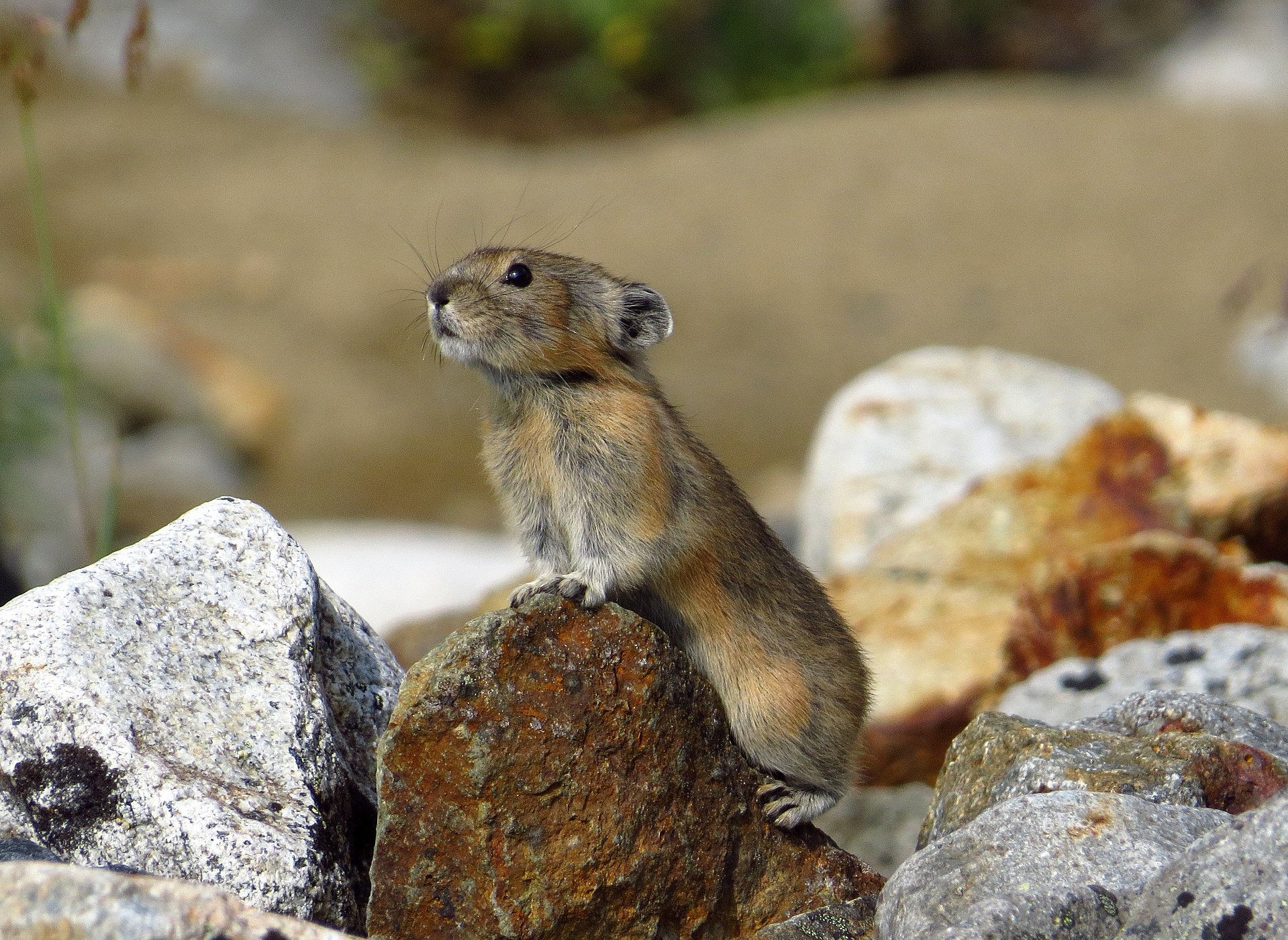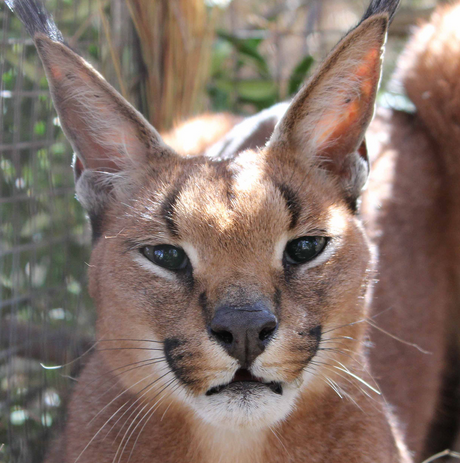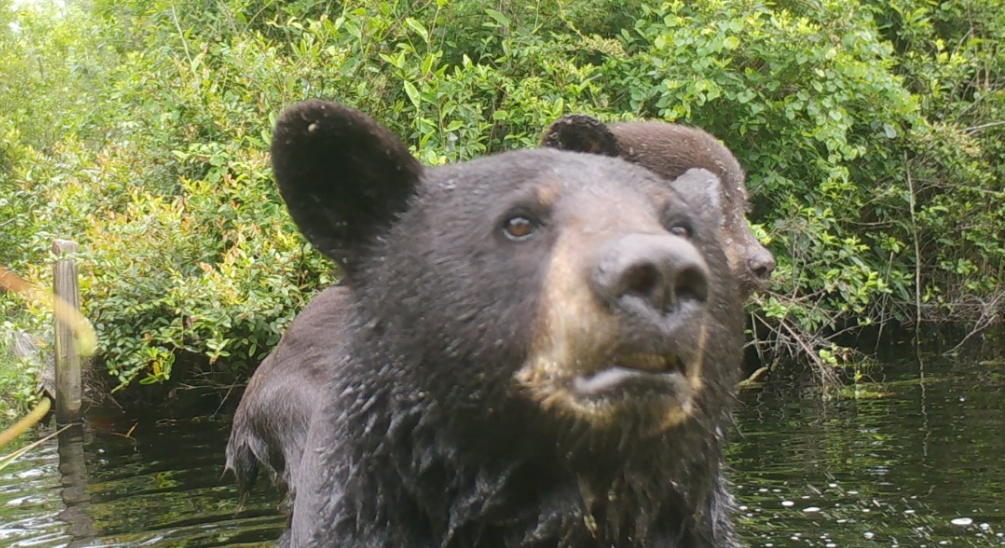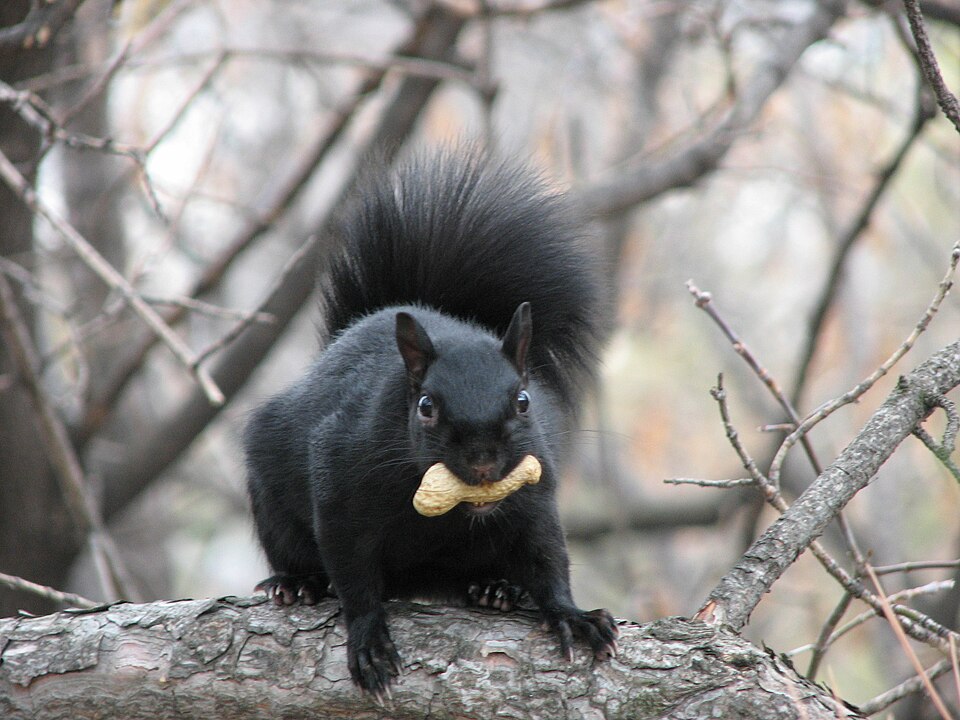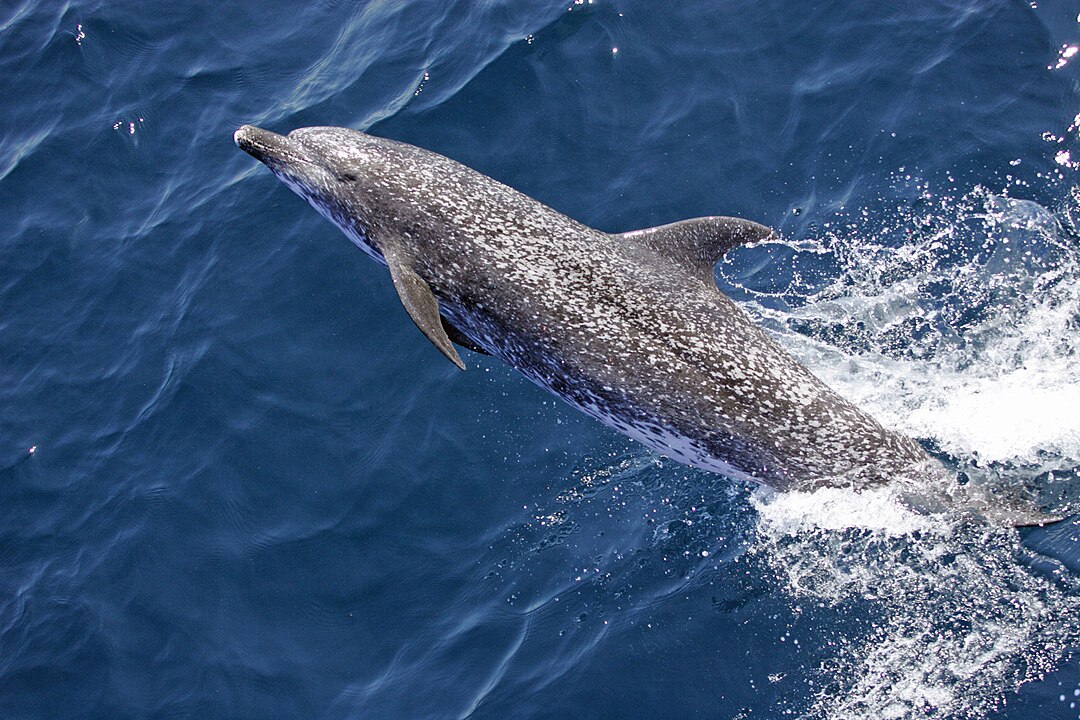A new study reveals that Japanese pikas, small rabbit-like animals living in Daisetsuzan National Park, are changing their natural behaviors because of human presence.
The Study
Researchers compared pikas in two areas:
- Control Site (No Humans): Pikas acted normally, making warning calls and running away when approached.
- Impact Site (With Hikers): Pikas stayed quieter and let humans get closer before fleeing.
Key Findings:
- Pikas near trails were less likely to call out warnings than those in untouched areas.
- The more humans visited, the “bolder” pikas became, allowing people to approach closer before running.
- Pikas farther from trails acted more naturally, suggesting human presence changes their behavior.

Why It Matters
Pikas rely on alarm calls to avoid predators like foxes and birds. If they stay quiet or ignore threats, they could be at higher risk.
These little animals are adapting to humans, but that might not be good for their survival.
What’s Next?
The study calls for better visitor management in national parks to protect wildlife. Simple steps like staying on trails and keeping noise down could help pikas stay safe.
Did you know? Japanese pikas don’t hibernate—they spend summers gathering grass to survive Hokkaido’s harsh winters. Human disturbance could disrupt this crucial work.
***
“In the Shadow of Man: Behavioral Changes in Japanese Pika (Ochotona hyperborea yesoensis) due to Human Presence at Mount Highashi-Nupukaushi-Nupuri, Hokkaido, Japan.” Chaudhary et al. Ethology (2025).
Featured photo credit: Юрий Емельянов, CC BY-SA 4.0

